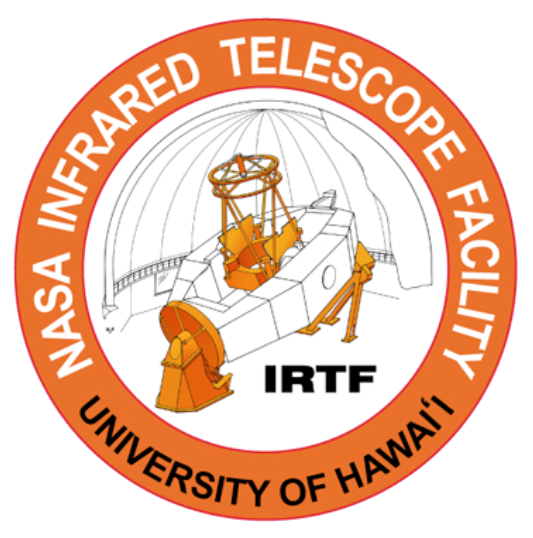Data Transfer, Verification, and Backup
-
The lifecycle of your data at the IRTF:
When you take data using SpeX, iShell, or any other instrument, the data are written directly to /scrs1, the publically available data directory. Data taken with Apogee are currently written either to /scrs1 or /home/smokey/data.
/scrs1 (and /home/smokey) are hosted on our file server. The data in /scrs1 are deleted from /scrs1 after they are 45 days old. /home/smokey/data is not currently part of this automatic compression/removal schedule. The entire file server disk is mirrored daily and the mirror is permanently archived to tape twice a month. This means that all data on /scrs1 are backed up to tape at least twice before being deleted.
-
Verifying data integrity using the md5sum.txt file in the /scrs1 data directories:
When saving data with SpeX or MORIS, a checksum hash will be appended the file md5sum.txt. The checksum entry for the file looks like this:
a3991d5cca9945469297d52c7c4a4833 arc-00119.a.fitsWhen transferring your data, you should copy this md5sum.txt file and use it to verify the integrity of the files. The md5sum program is used to verify that the file has not changed as a result for a faulty file transfer. The md5sum program is installed on most linux and unix like OSes. (on MacOSX and BSD it may be called 'md5').
Below is an example of sftping your data from stefan, and using md5sum to verify the transfer:
myhost$ sftp 2015A999@stefan
sftp> cd /scrs1/bigdog/2015A999/150514
sftp> mget *
sftp> bye
myhost$ md5sum --quiet -c md5sum.txt
The '--quiet' will suppress output for successfully verified files. If any file doesn't pass the checksum, you will see a message like:
data-00006.a.fits: FAILED
md5sum: WARNING: 1 of 10 computed checksums did NOT match
If you get this error, try re-copying the files from the IRTF server. Also remember if you re-wrote a file with the same name while observing, duplicate entries with the same filename may exist inside the md5sum.txt file.
The summit is a harsh environment for computers, as well as people. We have found that the file server at the summit can produce hardware errors when saving or reading a file. We have seen something like one in 1000 files having a bit error.
-
Getting your data from the IRTF to your home institution
There are two options for transferring data to your home institution:
-
Download the data to your laptop while at IRTF
You can download your data to your laptop while at the IRTF by:
- using ftp, sftp, scp, rsync
- mounting /scrs1 as a virtual drive on your Windows laptop and copying the files over to your laptop
Transfer your data via the network to your home institution using sftp, scp, or rsync
You can transfer your data to your home institution from the IRTF:
- using sftp, scp, rsync if you are on the IRTF network. Our firewall does not block outgoing sftp or ssh connections.
- using sftp, scp, rsync if you are outside the IRTF network. Our firewall blocks all incoming connections except ssh to specfic computers (stefan/boltzmann).
-
-
Stefan ssh keys issue
You may receive an error message when attempting to sftp or rsync your data from stefan:
Unable to negotiate with 128.171.165.6 port 22: no matching host key type found. Their offer: ssh-rsa,ssh-dss
Connection closed.
-
Linux command line:
ssh -o HostKeyAlgorithms\ ssh-rsa YYYYSNNN@stefan.ifa.hawaii.edu
sftp -o HostKeyAlgorithms\ ssh-rsa YYYYSNNN@stefan.ifa.hawaii.edu
-
Linux/Unix home directory:
edit "~/.ssh/config" on the local machine and add:
Host stefan.ifa.hawaii.edu
HostkeyAlgorithms ssh-rsa
-
Linux/Unix global configuration:
edit "/etc/ssh/ssh_config" on the local machine and add:
Host stefan.ifa.hawaii.edu
HostkeyAlgorithms ssh-rsa
-
MacOS:
edit the MacOS "ssh_config" file:
HostkeyAlgorithms +ssh-rsa
PubkeyAcceptedAlgorithms +ssh-rsa
-


